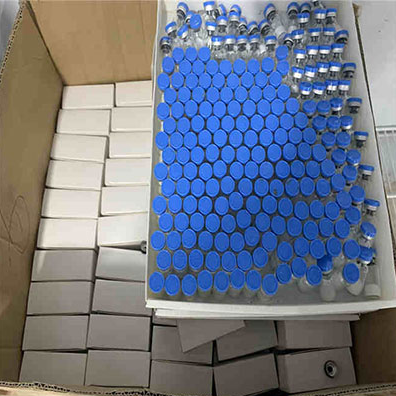
- +86-13363869198
- weimiaohb@126.com

Sep . 22, 2024 09:06 Back to list
pharmaceutical intermediates
Pharmaceutical intermediates are essential chemicals used in the production of pharmaceutical drugs. They serve as building blocks in the synthesis of active pharmaceutical ingredients (APIs) and play a crucial role in the drug development process. The significance of pharmaceutical intermediates extends beyond their direct application; they are a key determinant of drug quality, safety, and efficacy.
The pharmaceutical industry is characterized by its complex supply chain, where intermediates often represent a substantial portion of the overall manufacturing costs. The production of these intermediates involves multiple steps, including chemical reactions, purification processes, and quality control measures. Each stage is vital to ensuring that the final product meets the required regulatory standards and therapeutic effectiveness.
One of the primary challenges in the production of pharmaceutical intermediates is the need for stringent quality assurance. Given that these compounds are precursors to APIs, any impurities or inconsistencies can adversely affect the properties of the final drug product. As a result, pharmaceutical companies invest heavily in research and development to optimize the synthesis pathways of these intermediates, ensuring higher yields and lower costs while maintaining high purity levels.
Moreover, the increasing demand for personalized medicine and biologics has amplified the need for pharmaceutical intermediates. As new therapeutic modalities emerge, the complexity of the intermediates required for their production also increases. This trend necessitates greater innovation and collaboration among chemical manufacturers and pharmaceutical companies to develop customized intermediates that cater to specific therapeutic applications.
pharmaceutical intermediates

Regulatory considerations also play a significant role in the production and usage of pharmaceutical intermediates. Regulatory agencies, such as the U.S. Food and Drug Administration (FDA) and the European Medicines Agency (EMA), impose strict guidelines on the manufacture and quality control of these intermediates. Compliance with Good Manufacturing Practices (GMP) is crucial to ensure the safety and effectiveness of the drug products derived from them.
Sustainability and environmental impact are emerging concerns in the pharmaceutical industry, including the production of intermediates. Companies are increasingly adopting green chemistry principles to minimize waste and reduce the ecological footprint of their manufacturing processes. This shift not only helps in meeting regulatory demands for environmental responsibility but also enhances corporate reputation and marketability.
In conclusion, pharmaceutical intermediates are critical components in the drug development pipeline. Their role in ensuring drug quality, safety, and efficacy cannot be overstated. As the pharmaceutical landscape evolves, driven by advancements in technology and changing patient needs, the importance of innovation in the synthesis and application of pharmaceutical intermediates will continue to grow. Stakeholders in the industry must remain committed to refining their processes, ensuring regulatory compliance, and adopting sustainable practices to navigate the challenges of this intricate field effectively.
-
GS-441524 White Liquid Production for Factories | AI-Optimized
NewsAug.02,2025
-
AI-Optimized CAS: 79099-07-3 Factories for High Yield
NewsAug.01,2025
-
Premium CAS 1451-83-8 Factory with GPT-4 Turbo | AI-Optimized
NewsJul.31,2025
-
Pharmaceutical Intermediates - AI-Optimized Synthesis & Purity
NewsJul.31,2025
-
Top CAS: 79099-07-3 Factories & Wholesale Supplier from China
NewsJul.30,2025
-
High-Quality GS-441524 for White Liquid Type Factories & Suppliers
NewsJul.29,2025